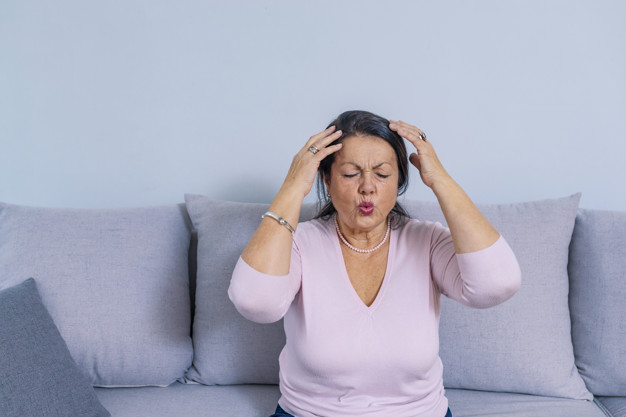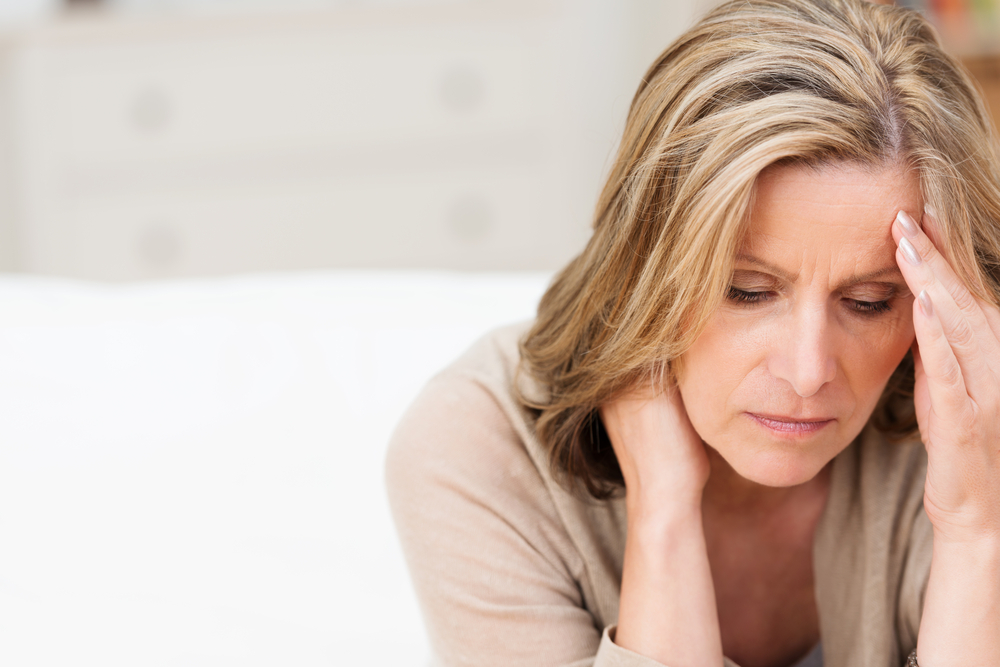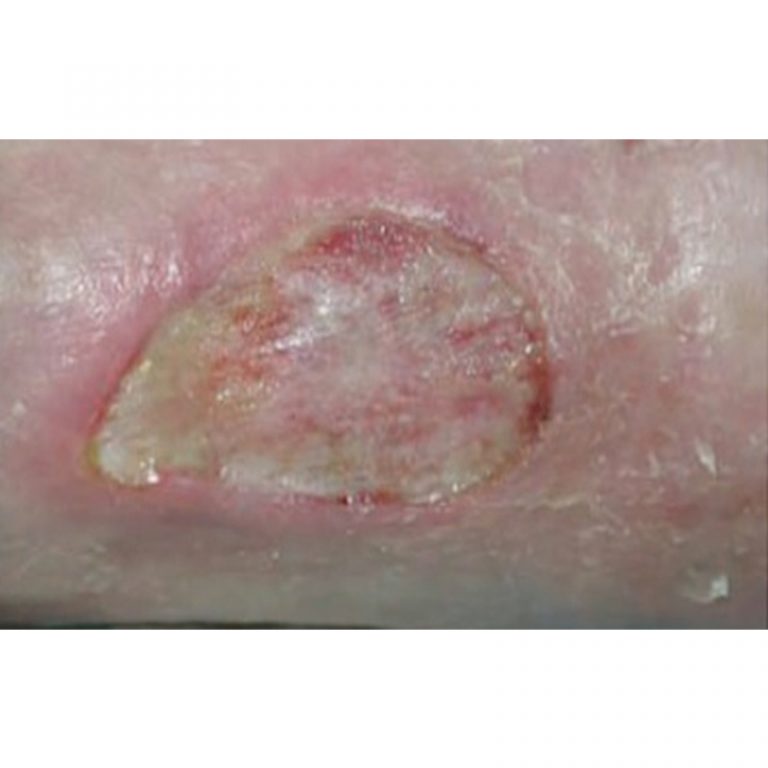Is Dizziness a Menopause Symptom?
You may be wondering if your symptoms of dizziness are related to menopause. If you’re over the age of 50, or even slightly under, menopause-related dizziness may indeed be the case. But how can you determine if one is related to the other? And how can you treat it?

It is wrong to assume that every symptom you experience as you age, dizziness included, is directly related to aging and, in the case of women, menopause. All symptoms should be investigated rather than self-diagnosed because an underlying condition that you are not aware of may exist. Unless the cause of your dizziness is pinpointed, you won’t be able to find the right treatment.
Why Am I Dizzy??
Dizziness can affect any person of any gender and age group, though it is much more common as one ages. If you are a woman in the menopausal phase of your life, your hormones may be directly affecting your brain and be the culprit behind multiple symptoms. Nevertheless, you should always seek professional advice and testing to rule out any underlying disease or dysfunction, as dizziness can often be a small sign of a larger problem.
Other causes of dizziness may include:
- Vertigo (spinning sensation), which can be provoked by an inner ear infection (labyrinthitis), Meniere’s Disease, medication, head/neck injury, and brain conditions like a stroke or tumour.
- Tinnitus (ringing in the ears), a condition that can be attributed to the aforementioned causes but may also have no known cause.
As you can see, there is a host of reasons as to why you may be feeling dizzy, which is why the wise thing to do is to have your symptoms evaluated first.
If your dizziness is attributed to menopause and the hormonal imbalances associated with this phase of your life, the causes might be completely different:
- An ineffective transportation system, resulting in nutrients not being transported to the organs promptly and effectively. This is a very common case in menopausal women, as the brain is often not receiving the nutrients it should in order to function properly, thus leading to dizziness, headaches, etc.
 Thyroid problems, which will often include a dysfunctional thyroid gland that does not secrete adequate amounts of triiodothyronine (T3) and thyroxine (T4), both of which regulate your heart rate and keep your metabolism going. You may or may not have had thyroid problems prior to menopause.
Thyroid problems, which will often include a dysfunctional thyroid gland that does not secrete adequate amounts of triiodothyronine (T3) and thyroxine (T4), both of which regulate your heart rate and keep your metabolism going. You may or may not have had thyroid problems prior to menopause.- Toxin overload, meaning that your system is clogged and sluggish due to overwork. As the body ages, hormones decline; this results in the body overworking to make up for what the hormones are not doing properly. It also leads to toxin accumulation, because the body is too sluggish (due to the hormone decline) to effectively get rid of them. Related signs may include droopy eyes, fatigue, lack of energy, digestive disturbances and dry, depleted skin.
- Emotional conditions. This may also be the case as a woman ages and is depleted of her fertility and ‘happy hormones’. Factors such as stress, anxiety and depression directly affect the brain and may cause an array of symptoms, dizziness included.

So what can be done to treat the above causes of dizziness?
Treating Dizziness Holistically with Ayurveda
Western conventional medicine may not be able to help you fully cure your menopause-related symptoms. Most menopausal women who resort to pill-popping and hormone replacement therapy (HRT) only get a quick fix that doesn’t last, making you depend on the medication for that next boost. Does that sound like a good form of treatment to you?
On the other side of the medicine spectrum lies holistic healing. If you opt for holistic, natural, drug-free treatment, like Ayurveda, your body, mind and spirit will greatly thank you for it.
Upon thorough assessment and once your Ayurvedic practitioner is assured that your dizziness is not provoked by an ear infection or other cause (these too can be treated, but separately) he will tailor a Menopause Dizziness Treatment Plan. This plan will take into account your symptoms, Dosha, personal needs and preferences, and you can expect it to include several if not all of the following modalities and treatments:
 Ayurvedic massage
Ayurvedic massage- Ayurvedic herbal remedies
- Yoga therapy
- Tantra-Mantra therapy
- Vedic Astrology consultation
- Diet plan
- Panchakarma detox plan
- Rejuvenation program
- Natural treatment
Ayurveda is one of the most harmless and successful treatment options for menopause-related dizziness because it includes natural resources, focuses on the individual and root cause, and produces no side effects. A holistic science backed up by 5,000 years of successful application, Ayurveda does not prescribe drugs or synthetic hormones to repair a hormonal imbalance. In the case of dizziness, you can expect to be treated for the underlying cause but also as a whole system; You won’t leave the Ayurvedic centre having alleviated your dizziness symptoms, but also any other condition that may have been bothering you.
But is there anything you can do to treat menopause-related dizziness by yourself before visiting an Ayurvedic treatment centre?
Menopause-Related Dizziness Self-Help Tips
While it is best you first consult an Ayurvedic practitioner for a full Menopause Dizziness Treatment Plan, there are some self-help tips you can implement from the comfort of your home:
- Try Ayurvedic Herbs like Brahmi, Shankhpushpi and Licorice (though do consult an expert for dosage recommendations) which are known to directly work on the nervous system. They’re also ideal for reducing inflammation, boosting brain function (focus, memory, intellect) and protecting the immune system.
 Massage your head with Shankhapushpi Herbal Masage Oil. This popular Ayurvedic oil contains brain-activating herbs that provide nourishment, toning and conditioning of the skin, helping your nervous system relax and any head or neck injuries heal faster.
Massage your head with Shankhapushpi Herbal Masage Oil. This popular Ayurvedic oil contains brain-activating herbs that provide nourishment, toning and conditioning of the skin, helping your nervous system relax and any head or neck injuries heal faster.- Eat 2-3 mandarins (tangerines) daily which contain essential oils that help prevent dizziness, nausea and sluggishness.
- Drink orange and grape juice, which will too contribute to keeping dizziness at bay while boosting your energy levels and providing your system with powerful antioxidants.
- Drink plenty of water or eat a bowl of watermelon daily to keep your body hydrated and nervous system functioning optimally.
- Practise Yoga Breathing exercises (pranayama) such as Ujjayi Pranayama (Victorious Breath or Ocean Breath) and Nadi Shodhana Pranayama (Alternate Nostril Breathing), both of which infuse the body with oxygen. This subsequently leads to the relief of stress, tension, anxiety, headaches and dizziness. These breathing exercises also assist in balancing hormones.
How would you treat your menopause symptoms of dizziness? Do evaluate your options carefully and avoid self-diagnosing and self-treating before you have a definitve answer from a professional.
Do you suffer from dizzy spells every now and then and don’t know what to do? Are you a woman at the age of menopause? Contact us now for a FREE consultation or visit the YATAN Holistic Ayurvedic Centre for a personalised treatment plan.

*Discover holistic healing with a complimentary phone or video consultation from our expert Ayurvedic practitioner. Start your path to better health today!*





















 Thyroid problems, which will often include a dysfunctional thyroid gland that does not secrete adequate amounts of triiodothyronine (T3) and thyroxine (T4), both of which regulate your heart rate and keep your metabolism going. You may or may not have had thyroid problems prior to menopause.
Thyroid problems, which will often include a dysfunctional thyroid gland that does not secrete adequate amounts of triiodothyronine (T3) and thyroxine (T4), both of which regulate your heart rate and keep your metabolism going. You may or may not have had thyroid problems prior to menopause. Ayurvedic massage
Ayurvedic massage Massage your head with
Massage your head with 

